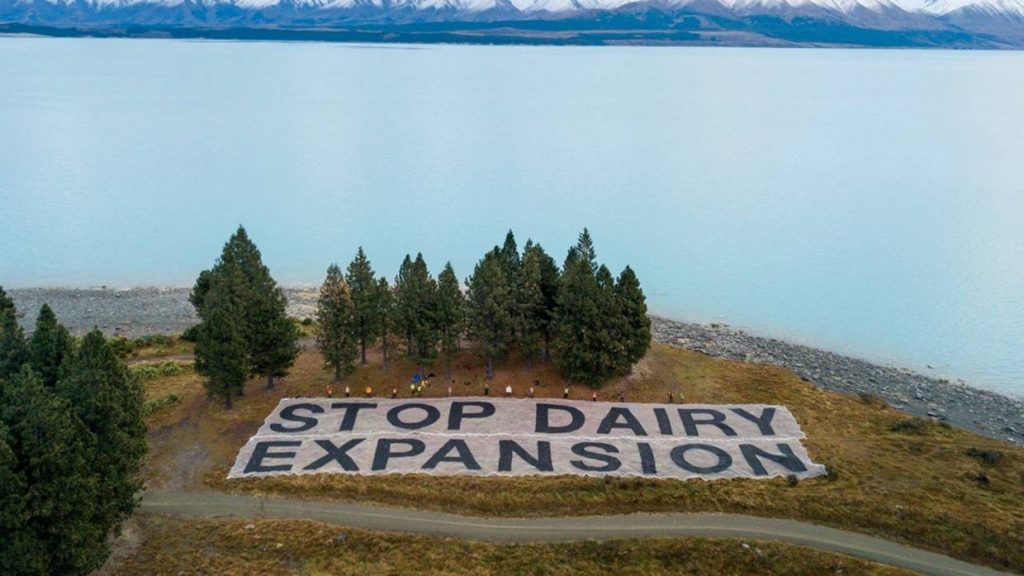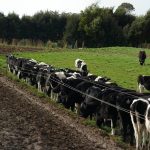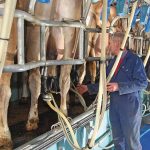
Changes to the 20-year-old Dairy Industry Restructing Act (Dira) passed unanimously through Parliament on Friday.
The new rules allow Fonterra to reject milk from new dairy farm conversions and extend its rights to refuse milk from farmers who don’t meet its standards.
The amendments also remove the requirement for the co-op to supply milk to competitors to help them get established and allow it to refuse re-entry to farmers who have switched processors.
The removal of open entry is effective from June 2023 while other changes will come into force from next June.
Agriculture Minister Damien O’Connor said the dairy sector had changed considerably since 2001, when the act was passed to ensure there would be competition in the industry.
“The amendments we have made to this very aged legislation ensure this regulatory regime puts the sector in the best possible position in a post-Covid world,” he said.
“The Government is committed to building a modern and productive economy, and that means having fit-for-purpose legislation.”
O’Connor said he had agreed with a select committee recommendation to remove the open entry requirement.
“This Government is determined to ensure we move milk up the value chain. This change will enable Fonterra to invest in that higher-value end.”
In 2018, plans for a massive dairy conversion at Simons Pass, between Twizel and Tekapo, highlighted problems with Dira’s open entry provision.
The plans included a milking herd of 5500 cows on a milking platform covering about 1500 hectares of the 9700ha station.
In addition to the dairy unit, the property would run 4000 stock units of sheep and 5000 to 6000 stock units of beef cattle, as well as deer.
In tandem with this was the development of 4500ha of irrigation, requiring 40 centre pivots.
Although Fonterra said it would prefer not to see further dairy expansion in the Mackenzie Basin, its hands were tied under Dira, which required it to accept all applications to supply milk from farms within its collection zone.
In a statement, chief executive Miles Hurrell said the co-op’s strong preference was for no further expansion in the area.
“We’re concerned it will have a negative impact on the region’s sensitive environment,” he said.
Greenpeace sustainable agriculture campaigner Gen Toop said Fonterra’s response showed the depth of negative feeling around mega-dairy conversions.
“This is a sign of how unpopular these conversions are but if they’re serious about it, they need to get behind the campaign to ban all new dairy conversions,” Toop said.






















